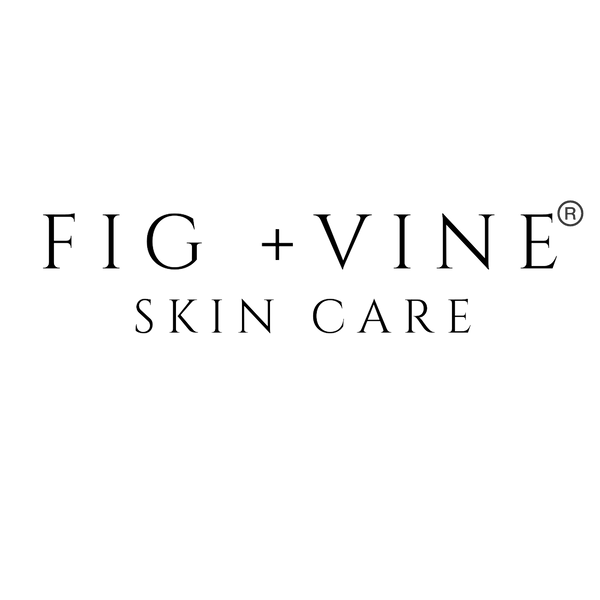
Glycation - a major contributor to skin aging
Share
As we age, various factors contribute to changes in our skin, including the natural aging process, environmental factors, and lifestyle choices. One lesser-known but significant process that affects the skin is glycation. In this blog post, we will explore what glycation is, how it affects the skin, and what we can do to mitigate its impact. Since I have a major sweet tooth myself, taking a look at how glycation negatively affects the appearance of our skin provides some motivation to get a grip and cut back on the sugar!
What is Glycation?
Glycation is a chemical reaction that occurs when excess sugar molecules in our bloodstream attach to proteins, lipids, and nucleic acids, forming advanced glycation end products (AGEs). AGEs are harmful compounds that can cause significant damage to various tissues in our body, including the skin.
The Impact of Glycation on Skin Aging:
Glycation plays a crucial role in accelerating the aging process of the skin. Here are some key ways in which glycation affects our skin:
1. Collagen and Elastin Breakdown:
Collagen and elastin are essential proteins that provide structure, firmness, and elasticity to the skin. Glycation causes these proteins to become stiff, brittle, and less functional, leading to the formation of wrinkles, sagging, and a loss of skin elasticity. No thank you!
2. Increased Oxidative Stress:
AGEs contribute to increased oxidative stress, resulting in the production of free radicals. These harmful molecules damage skin cells, accelerate the breakdown of collagen and elastin, and further contribute to the aging process.
3. Reduced Skin Regeneration:
Glycation affects the skin's regenerative capabilities by interfering with cellular turnover and the formation of new skin cells. This disruption slows down the natural repair and renewal processes, making the skin appear dull, uneven, and less youthful.
4. Inflammation and Hyperpigmentation:
AGEs trigger inflammation in the skin, leading to redness, irritation, and an uneven skin tone. Moreover, glycation can stimulate the overproduction of melanin, causing hyperpigmentation and age spots.
So what can we do to help preventing and minimize glycation? The strategy's below are our best best to prevent or at least slow down the process of glycation.
1. Balanced Diet:
Maintain a balanced diet low in refined sugars and processed foods. Opt for fresh fruits, vegetables, whole grains, and lean proteins to help regulate blood sugar levels and reduce glycation. This part is hard for me, but I am trying!
2. Antioxidant-Rich Skincare:
Incorporate skincare products that are rich in antioxidants, such as vitamins C and E, green tea extract, and resveratrol. These ingredients can help neutralize free radicals and protect the skin from oxidative stress caused by glycation.
3. Advanced Skincare Ingredients:
Look for skincare ingredients known to counteract glycation, such as aminoguanidine, carnosine, and alpha-lipoic acid. These compounds can help inhibit AGE formation and minimize their detrimental effects on the skin.
4. Sun Protection:
Protecting your skin from harmful UV radiation is crucial. Wear sunscreen with a high SPF and seek shade during peak sun hours to prevent additional skin damage and glycation.
5. Healthy Lifestyle Habits:
Maintain a healthy lifestyle by getting regular exercise, managing stress levels, avoiding smoking, and getting adequate sleep. These habits contribute to overall skin health and can help mitigate the impact of glycation.
Understanding glycation and its effects on skin aging empowers us to take proactive steps in caring for our skin. By adopting a comprehensive approach that includes a healthy diet, targeted skincare, sun protection, and a balanced lifestyle, we can hopefully minimize glycation's impact.
